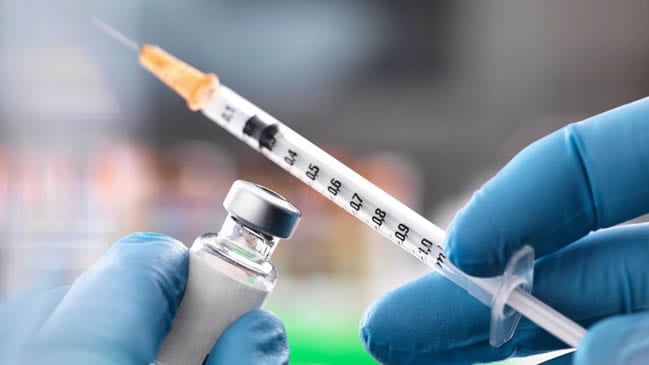By Iyemah David
The International AIDS Vaccine Initiative (IAVI), a non-profit scientific research organisation, reports that its first human trial of a single-dose Lassa fever vaccine is safe, induces durable immunity, and supports Phase 2 trials in West Africa.
The single dose elicited robust and long-lasting immune responses while demonstrating an acceptable safety profile, according to findings published on Thursday in the New England Journal of Medicine.
The Phase 1 trial enrolled 114 healthy volunteers in the U.S. and Liberia, testing the rVSV∆G-LASV-GPC vaccine at multiple dose levels.
Volunteers were monitored for 12 months post-vaccination, with immune responses activating both humoral and cellular immunity across all doses.
Antibodies produced were cross-reactive to multiple Lassa virus lineages circulating in West Africa, signalling the potential for broad protection.
IAVI’s Vice President of Emerging Infectious Diseases and Epidemiology, Dr Swati Gupta, said no vaccine-related serious adverse events were reported, and importantly, no cases of hearing loss – a known risk of Lassa infection – were observed.
Gupta noted that Lassa fever, an acute viral haemorrhagic illness endemic to West Africa, killed thousands of people annually.
He added that there was currently no licensed vaccine or therapeutic, making the development of effective vaccines a high priority.
“The trial, funded by the Coalition for Epidemic Preparedness Innovations (CEPI), builds on strong preclinical results and paves the way for an ongoing Phase 2 trial in West Africa,” he said.
CEPI’s Executive Director of Vaccine R&D, Dr Kent Kester, said the trial results “take us one step closer towards a much-needed Lassa fever vaccine, which could save thousands of lives and avert millions of dollars in societal costs.”
“The vaccine uses the same recombinant vesicular stomatitis virus (rVSV) vector platform as the licensed single-dose Ebola vaccine, ERVEBO®.
“IAVI, in collaboration with the global Viral Haemorrhagic Fever Consortium and the Liberia-U.S. PREVAIL research partnership, plans to advance the candidate to licensure while ensuring affordability and broad access in affected regions,” Kester added.
Lassa fever is endemic to West Africa, particularly in Nigeria, Liberia, Sierra Leone, and Guinea, where it causes recurring outbreaks and thousands of deaths each year.
The disease is spread primarily through contact with infected rodents or bodily fluids and poses a significant public health threat across the region.
Sporadic cases have also been reported in neighbouring countries, highlighting the urgent need for effective vaccines and preventive measures.
Nigeria bears the highest global burden, with most cases reported in Ondo, Edo, Bauchi, Taraba, and Ebonyi states.
Outbreaks peak during the dry season (December–April) and have a high fatality rate, especially when patients present late.
Treatment with ribavirin is most effective when started early, alongside supportive care.
Lassa fever remains one of Nigeria’s deadliest recurrent outbreaks, driven by rodent exposure, poor sanitation, and delayed health-seeking behaviour.
Meanwhile, the single-dose Lassa vaccine is safe, induces durable immune responses, produces antibodies cross-reactive to multiple West African virus strains, and is currently advancing through Phase 2 trials to support accelerated vaccine development.
The findings come as West African Ministers of Health reaffirmed vaccine readiness as a regional health priority at the 2025 Lassa Fever International Conference in Abidjan, Côte d’Ivoire.




